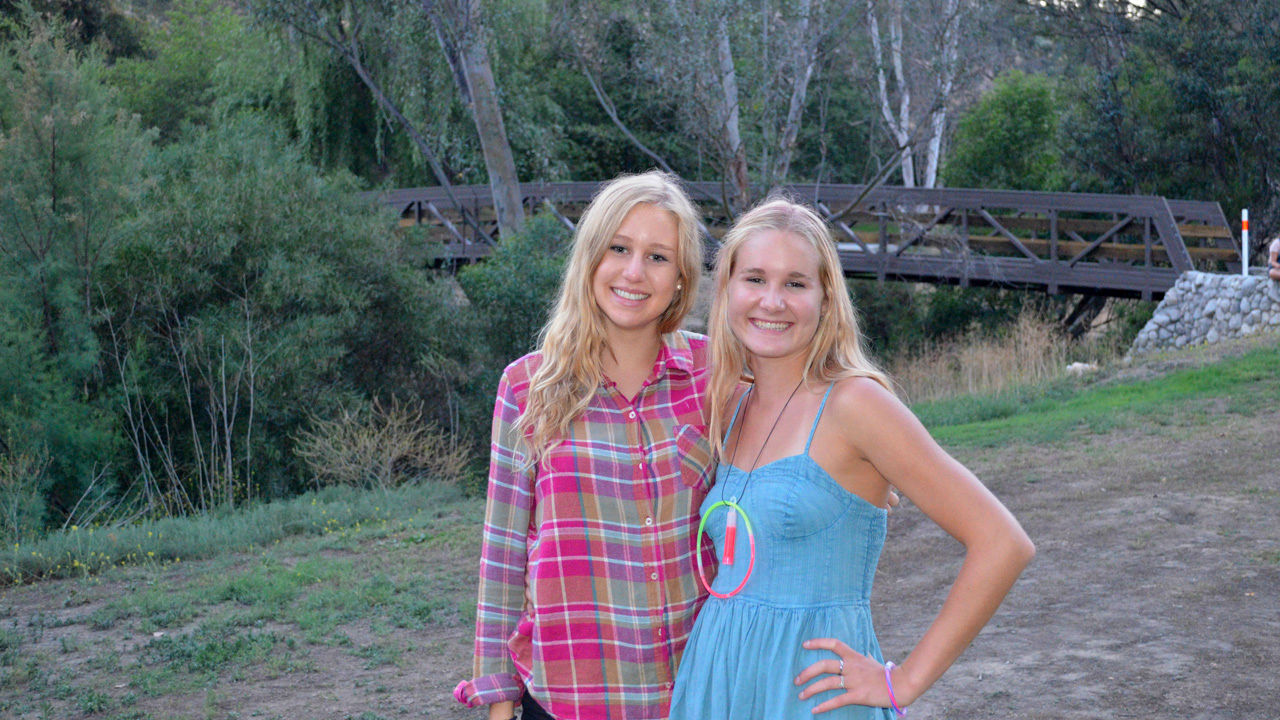Dealing with your own BRCA1 or BRCA2 genetic testing results is one thing, but worrying about testing for your children is another. Especially when they are under 18 years old. There is a very real possibility that people will have to wait for years for their kids to find out if they are positive or negative for the mutation. There are reasons for this, as genetic counselorJessica Profato-Partlow offered in her post earlier this week. I had to wait about two years for my daughters to have their testing. What could I do to help them in the meantime? What could I do so I wouldn’t go crazy with worry?
When considering what my children’s genetic testing could reveal, my mind went to all kinds of crazy places. For me, my positive results meant one thing, but for my kids it would mean something else. I was already married, divorced, had three beautiful kids naturally and breastfed all of them when I had my testing. What about my girls? They are in their early twenties now. I knew they would have much ahead of them. What about telling their partners or future spouses that they could carry this mutated cancer gene, and that it could be passed to future children? Then after they have their babies, or before, what about having to consider removing their breasts? How would their husbands feel about this, would they be supportive? Would my daughters have complications? They may never get to experience breastfeeding or sexual stimulation from their breasts, which is a big deal. And what about having an early hysterectomy after all these other procedures? I was almost at natural menopause when I got my test results, so having my complete hysterectomy – although not easy – might have been an easier decision to make than for my daughters, who could have the surgery earlier in life.
Then there is the obvious concern: would they develop cancer? The thought of losing them was unbearable. The odds of developing cancer are much higher without preventive surgeries. Talking to your young adult children can be tricky, and kids are all so different. Keeping a good line of communication was helpful for me, but what do you do if your children don’t want to discuss it? I gave one of my daughters some space, but she actually went to a very scary place alone in her mind because we didn’t discuss it more. She was very frightened and I didn’t know about it until she broke down one night. My heart broke for her because I felt like it was my fault – I gave the mutation to her. We as parents have no control over the genes we give to our children, but I still felt this way.
I felt powerless sometimes, but on the other hand we do have lots of options. I started to learn more about things I could change. I researched and found out there were many things that could help in other ways. Most of these things seem like common sense, but when I looked at them, it seemed much more important to try to give them, and myself, whatever edge I could.
Healthy nutrition is important for everyone, but it suddenly felt like a really great time to go organic and start cleaner eating. So I switched our family diet to clean eating and organic foods to try to make a difference where I could. I also changed all the cleaning products in our home. Removing pesticides in the yard and inside our home also made me feel better. Shopping more carefully for my family has made a difference. The list goes on and on…
It was a difficult time, waiting for my daughters to be able to have genetic testing. But it is much better than my daughters telling me they have cancer one day with no warning. That would be worse, much worse. So we take it one step at a time, not everything happens at once. With careful surveillance, preventive surgeries and a whole lot of faith, we will get through this. I will be alive to love, support and care for them through this process. That is the blessing of a BRCA2+ result.




